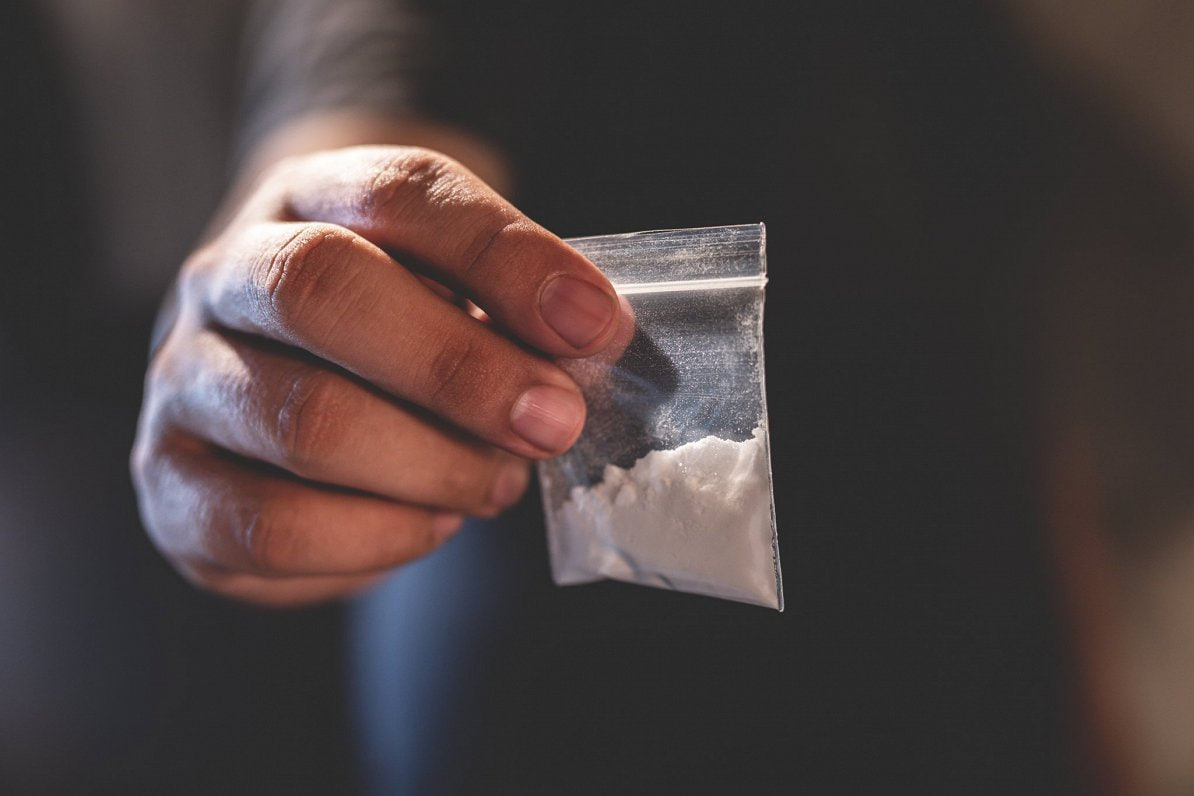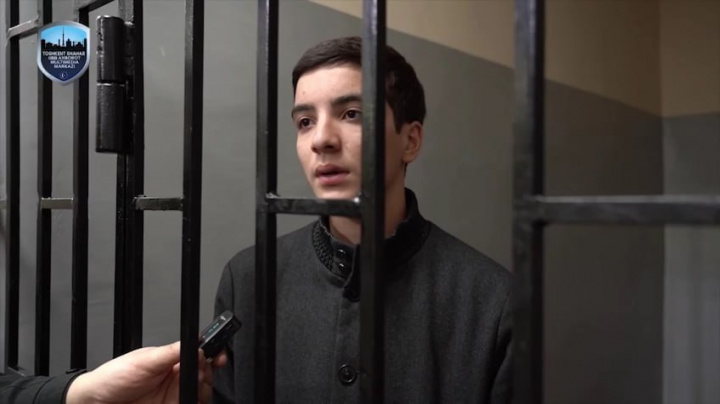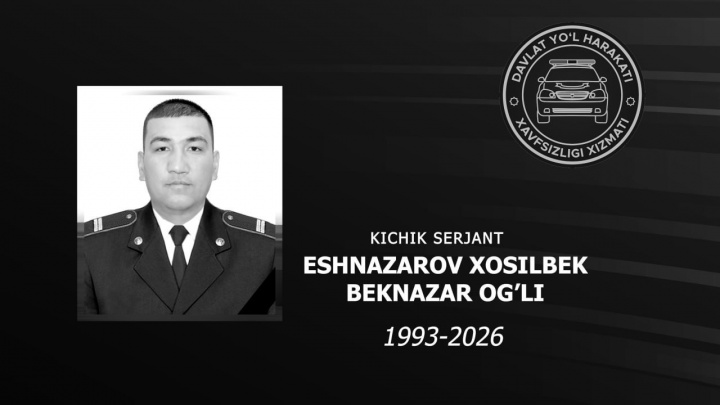Uzbekistan strengthens punishments for illegal promotion of potent substances
Uzbekistan has introduced stricter penalties for the illegal distribution, advertising, and demonstration of potent substances, with a particular focus on protecting minors. The changes were made through a new law signed by President Shavkat Mirziyoyev, which enhances accountability for offenses related to the circulation of powerful non-narcotic substances.

Photo: Getty Images
The updated Code of Administrative Responsibility now includes penalties for the production, distribution, advertising, or display of products containing potent substances. Individuals found guilty of these offenses face fines ranging from 100 to 150 basic calculation units (BCU), while officials may be fined between 150 and 200 BCU. The law also allows for the confiscation of items involved in the offense or administrative detention for up to 15 days.
For unlawful manufacturing, purchase, or storage of potent substances of a special category, fines of 1 to 2 BCU or up to 15 days of administrative arrest can be imposed. The promotion of narcotic substances or their analogs through media, television, or the internet carries fines ranging from 100 to 150 BCU for citizens and 150 to 200 BCU for officials, or up to 15 days of administrative arrest.
Changes were also made to Article 251-1 of Uzbekistan's Criminal Code, imposing harsher penalties for promoting or distributing potent substances not classified as narcotics or psychotropic drugs. Offenders face fines between 150 and 300 BCU, mandatory community service of 300 to 360 hours, restriction of freedom for 1 to 2 years, or imprisonment for up to 2 years.
The law stipulates that if such offenses are committed near schools, kindergartens, student dormitories, or other youth-related areas, penalties increase. Offenders could face fines from 300 to 500 BCV, corrective labor for up to 2 years, restriction of freedom for 2 to 3 years, or imprisonment for up to 3 years.
Additionally, a new article, 251-2, has been introduced to the Criminal Code. It criminalizes the unlawful manufacture, purchase, storage, transportation, or transfer of potent substances of a special category without intent to sell. Offenders could face fines of up to 50 BCU, community service of up to 360 hours, corrective labor for up to 3 years, or restriction of freedom or imprisonment for up to 3 years. However, if the offender voluntarily surrenders the substances, they may be exempt from punishment.
Furthermore, promoting narcotic substances or their analogs for the purpose of distribution or advertising, including through media and online platforms, after administrative penalties, can lead to fines between 150 and 300 BCU, community service of 300 to 360 hours, restriction of freedom for 1 to 2 years, or imprisonment for up to 2 years.
Related News

14:01 / 28.02.2026
Teen who fatally struck traffic officer hijacked BMW – Prosecutor's office files charges

19:25 / 27.02.2026
Traffic police officer dies after being hit during illegal street race in Tashkent, minor driver faces criminal case

13:47 / 26.02.2026
Garden Catering Trade under investigation after mass poisoning of children in Fergana kindergartens

15:22 / 25.02.2026




